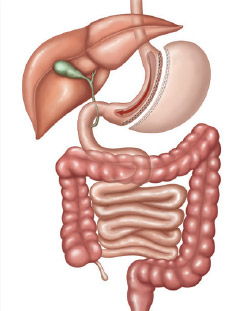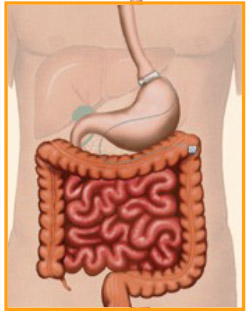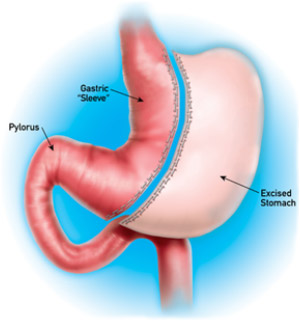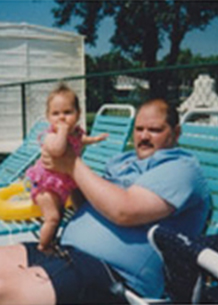Revision bariatric surgery in New Jersey – sometimes known as revisional surgery - refers to a weight loss procedure after a patient has regained weight after prior weight loss surgery.
Unsure of your options?
Looking to achieve your weight loss goals? Our easy-to-use weight loss calculator helps you set realistic targets by estimating how long it will take to reach your desired weight. Enter your details, and get personalized insights on calorie needs, daily intake, and progress tracking. Whether just starting or fine-tuning your routine, this tool empowers you to stay on track and motivated. Start your journey today!
What about long-term? Typically, patients who stop weight-loss medication regain 100% of their lost weight, while weight-loss procedure patients gain back less than 20% after 5 years.























